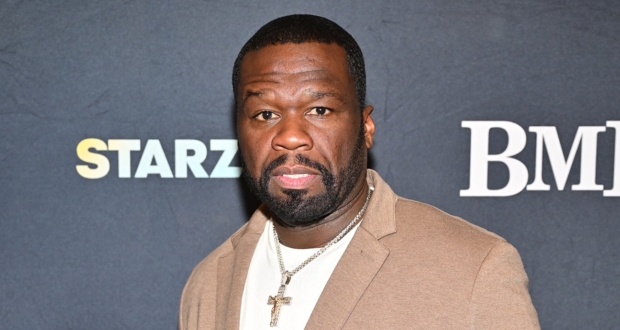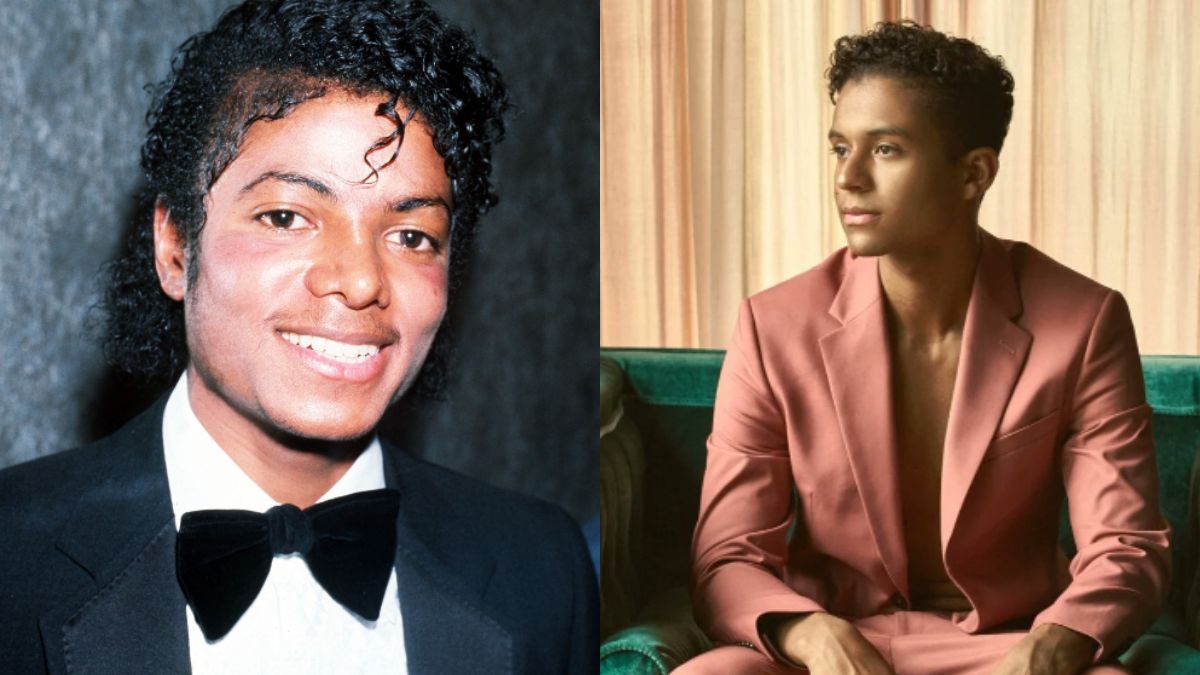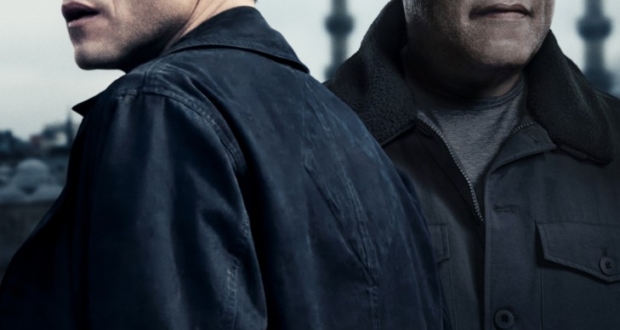In a strategic twist that reads like a plot twist in a Hasbro board game, the Rhode Island-based toy behemoth has officially parted ways with its Entertainment One film and television business, selling it off to the Canadian-American entertainment giant Lionsgate for a cool $375 million in cash. This grand announcement doesn’t just mark a business transaction; it’s a bold underscore of Hasbro’s larger-than-life future strategy. But wait, there’s more to this blockbuster move! Hasbro aims to relieve themselves of a whopping $400 million of floating rate debt. This alone makes it a financial maneuver truly worthy of a Hasbro strategy game.
Hasbro’s Finances
 Now, let’s rewind to the pre-sale drama. Hasbro’s decision to part ways with Entertainment One comes on the heels of a challenging year in sales during the holiday season. The aftermath? A theatrical cut of approximately 1,100 jobs, a jaw-dropping 20% of Hasbro’s workforce.
Now, let’s rewind to the pre-sale drama. Hasbro’s decision to part ways with Entertainment One comes on the heels of a challenging year in sales during the holiday season. The aftermath? A theatrical cut of approximately 1,100 jobs, a jaw-dropping 20% of Hasbro’s workforce.
The deal, orchestrated with the finesse of a high-stakes Monopoly game, involved financial maestros J.P. Morgan and Centerview Partners as lead advisors, and a legal entourage featuring Cravath, Swaine & Moore LLP, Mayer Brown International LLP, Stikeman Elliott LLP, and Osler, Hoskin & Harcourt LLP. Lionsgate isn’t just getting film and TV either. Lionsgate is also getting unscripted gems like Renegade and Daisybeck and a slice of Hasbro’s Canadian film and TV.
This wasn’t a easy decision by Hasbro. The Wall Street Journal broke the story, confirming that these layoffs followed an earlier round of 800 job cuts. These cuts are all part of Hasbro’s grand cost-saving spectacle under the grand tent of Blueprint 2.0. As of the end of 2022, Hasbro claimed a workforce of 6,490, but as any good director knows, sometimes you have to cut scenes to make the final cut compelling.
Blueprint 2.0
Speaking of Blueprint 2.0, this strategic masterpiece unveiled in late 2022 isn’t just about downsizing. It’s a symphony of financial strategy and laser-focused growth, emphasizing “fewer, bigger, more profitable brands.” Casey Collins, the maestro behind Hasbro’s licensed consumer products, emphasized the aim of showcasing leadership in preschool, games, creativity, outdoor, and action brands across an expanded consumer spectrum. It’s a strategy that might just rival the suspense of a Hasbro mystery game.
In the swirling mists of 2023’s toy industry Hasbro faces challenges. Hasbro was marked by declining sales and a balancing act after the pandemic’s record-high sales. A report from Circana highlights a 9% drop in unit sales and an 8% decline in sales revenue through September 2023, showing that even the mighty Hasbro isn’t immune to market forces. The holiday season, usually a shining moment for the toy industry, didn’t cast its magical spell this time. The economic winds were blowing against consumer budgets, making the rebalance after pandemic highs a challenging game for all players.
Hasbro’s third-quarter earnings release in October hinted at stormy weather ahead. Originally projecting a 3% to 6% revenue drop for the fourth quarter, Hasbro revised its forecast, now anticipating a more dramatic 13% to 15% decline. This revelation, akin to a plot twist in a suspenseful movie, led to a temporary stock plunge.
The sound of caution echoed through the corridors of Hasbro as CEO Chris Cocks shared during the earnings call. “We do not have a real solid view on where the market will go.” It’s a sentiment that captures the uncertainty lingering in the air, much like the dramatic climax of a Hasbro-themed blockbuster. So, as the dust settles from this sale, Hasbro, the master of play, continues its journey through the intricate and unpredictable game board of the entertainment industry. Roll the dice, Hasbro, and let the games begin!





















